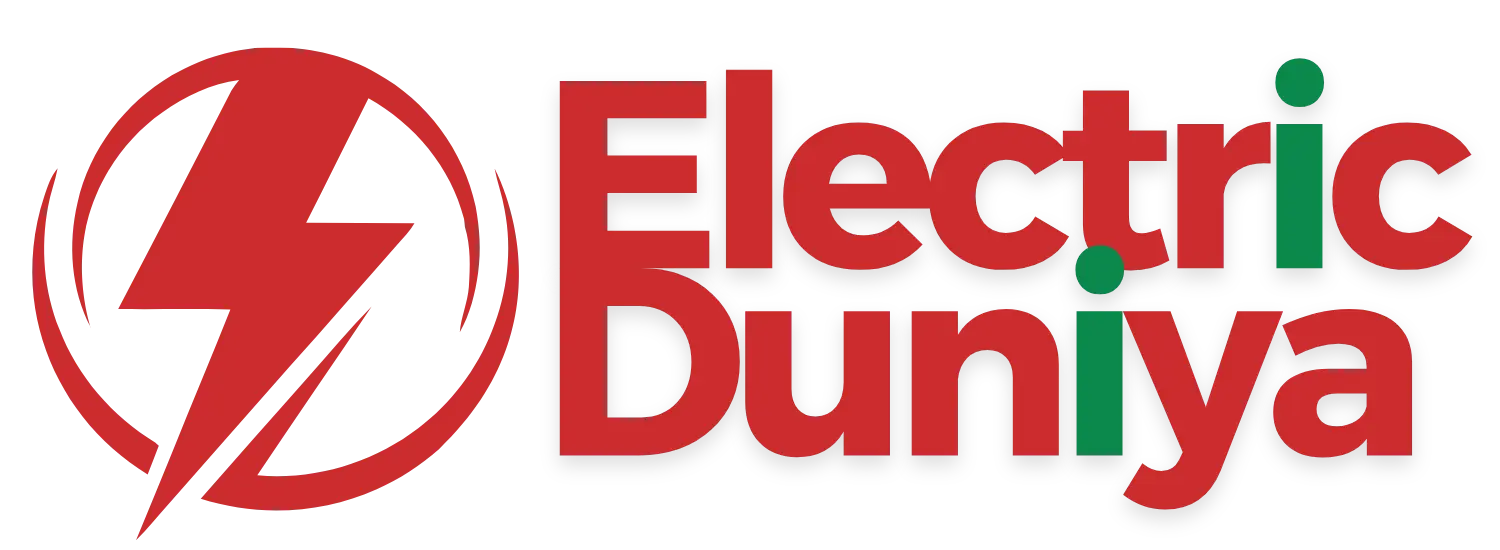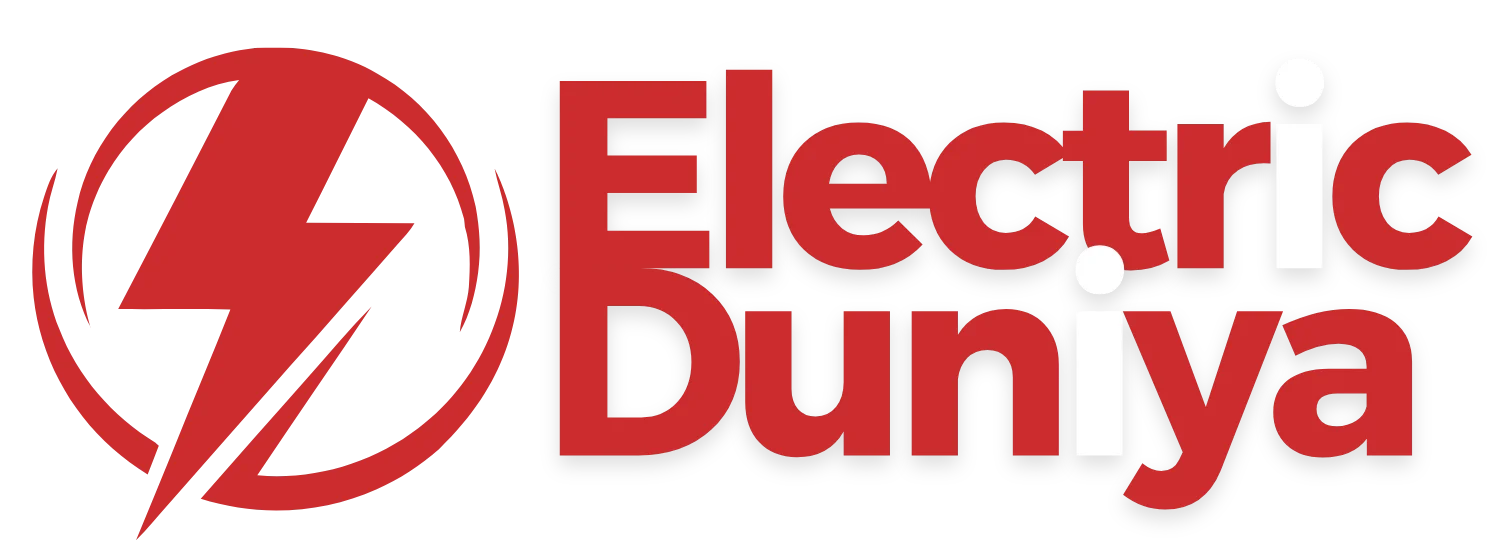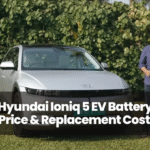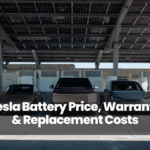Rivian is now an active player in the mass-market electric vehicle space with its $45,000 R2 electric SUV, an accessible family-sized SUV that will compete with Tesla’s Model Y.
By offering such a complete package with a reasonable price point, there’s a good chance Rivian is about to disrupt the market by going beyond just serving a luxury consumer base.
R2 vs. Model Y: A Comparative Overview
The Rivian R2 comes in at $45,000, well below the Tesla Model Y, which starts at about $44,990 but often costs more with add-ons. They’re targeting over 300 miles of range with the R2, which would bring it close to the Model Y Long Range (330 miles).

Tesla has been expanding its charging network, but Rivian is also quickly bringing its Adventure Network online. The R2’s boxy, off-road profile is nothing like Tesla’s sleek, minimalist vibe, and that suits outdoorsy types just fine.
Equipped with an array of features from a removable roof panel to a gear tunnel, the R2 is aimed at giving those whose adventures take them off-road an alternative to Tesla’s urban allure.
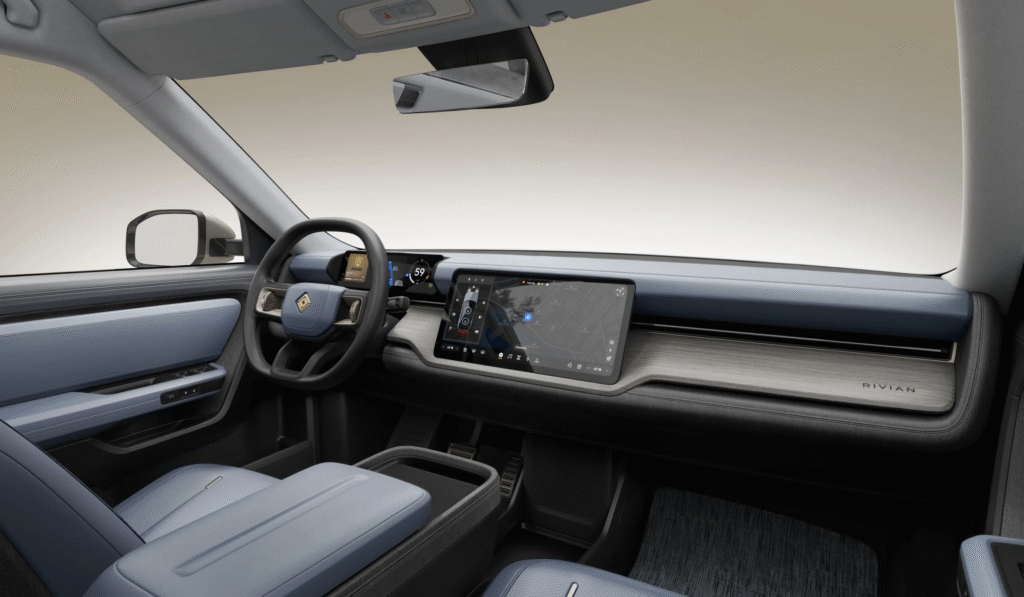
Technological Innovations and Manufacturing Advancements
Rivian’s R2 can be seen as part of that tradition, with the latest advancements in technology designed to increase efficiency while also reducing the costs of its production.
The company is moving to what it described as large-scale die-casting, similar to Tesla’s “gig casting,” to cut the number of parts in a vehicle and simplify the manufacturing process.
On the software front, Rivian is going all in with its homebrewed operating system with seamless over-the-air updates and a robust suite of driver assists.
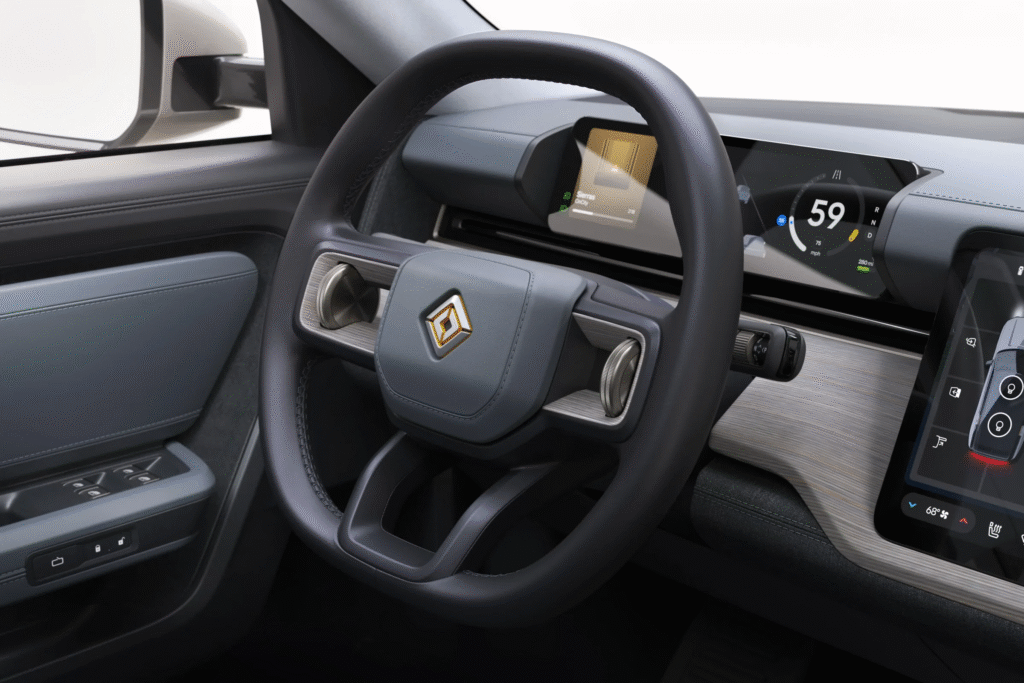
Finally, a recently formed partnership with Volkswagen provides Rivian with access to scalable software-defined vehicle platforms, enhancing future flexibility.
These new additions make the R2 so much more than simply a budget EV and one of the smarter, forward-thinking competitors in the car industry that’s becoming increasingly tech-led.
Market Dynamics: Rivian’s Position Amidst EV Competitors
Rivian is growing into an EV force with select, and the R1S SUV is named one of the top three best-selling EV SUVs in the U.S., rolling into Q1 2025. Yet the hard part is to come.
Tesla is still the dominant force, and aggressive pricing for models by Chinese automaker BYD is going global.
Legacy automakers, meanwhile, including Ford and GM, are bulking up their EV portfolios, and newcomers like Lucid are slated to jump into the midsize SUV segment as well.

Rivian’s R2 will need to differentiate itself not just in price and performance but also in scalability and long-term support.
Strategic Partnerships and Global Expansion Plans
Rivian’s new partnership with Volkswagen, which invested $5.8 billion last month, plants its stake in the ground for global expansion.
The partnership will speed the development of affordable, software-defined EVs utilizing Rivian’s industry-leading platform, The Deal was created by Rivian’s next-gen technology platform and VW’s global manufacturing capacity.
This partnership will also give Rivian more of a leg to stand on in the increasingly competitive European scene, where the R2 will be available not long after its U.S. release.
And Rivian is growing its Adventure Network chargers across North America helping remediate any range anxiety for long haulers. Together with plans for more production capacity, it shows Rivian is serious not only about being an American Tesla alternative, but a global EV leader.
With the $45,000 R2, Rivian is lunging boldly into the mainstream EV space, armed with a compelling mix of design, tech and affordability.
With so much competition entering the electric truck market, the R2 could be a history-defining vehicle for Rivian – not just because of the technology it represents but because of the potential it could have on shaping what consumers expect from a world that is quickly moving towards electric mobility.
